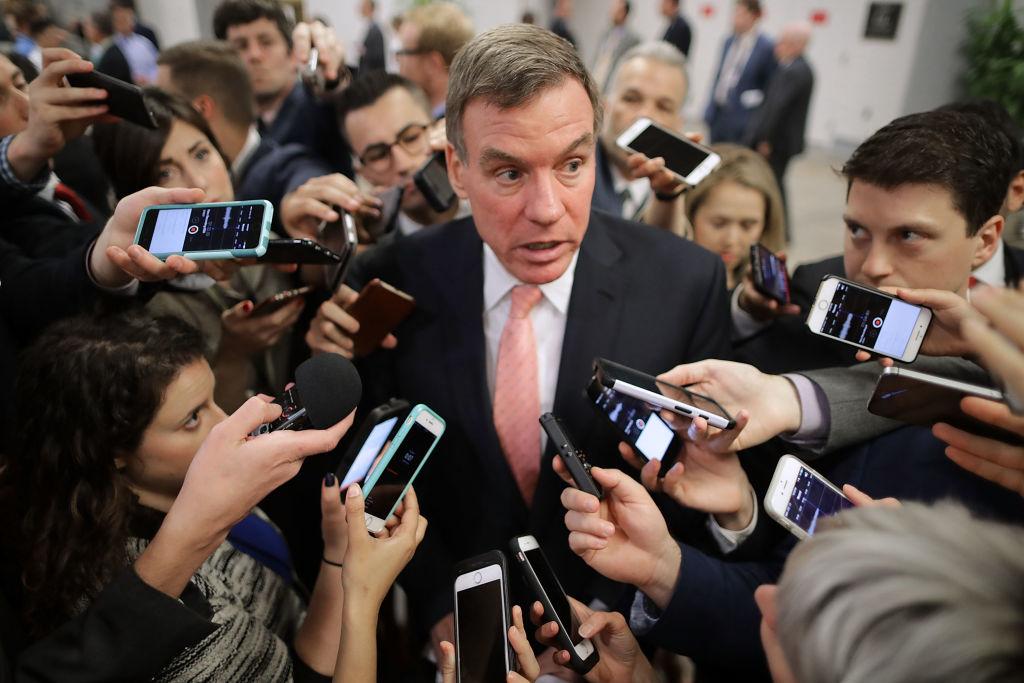Efforts by some Republican groups to terminate U.S. security assistance to Ukraine would embolden Russian and Chinese communist aggression, according to one senator.
Attempts by the Republican Freedom Caucus to block or otherwise end U.S. support for Ukraine would harm U.S. national security in the long run, Sen. Mark Warner (D-Va.) said.




